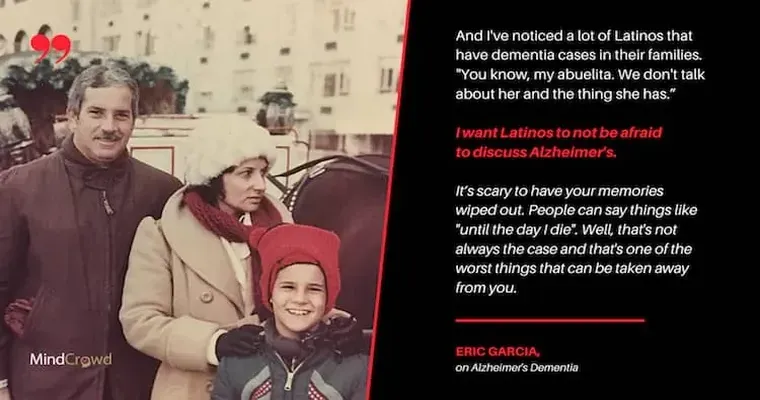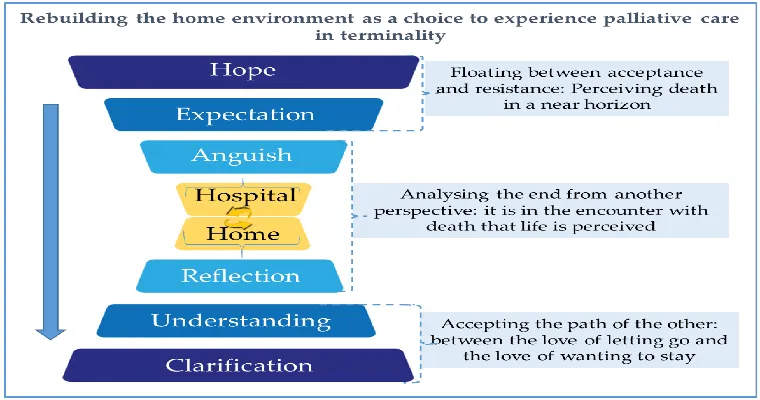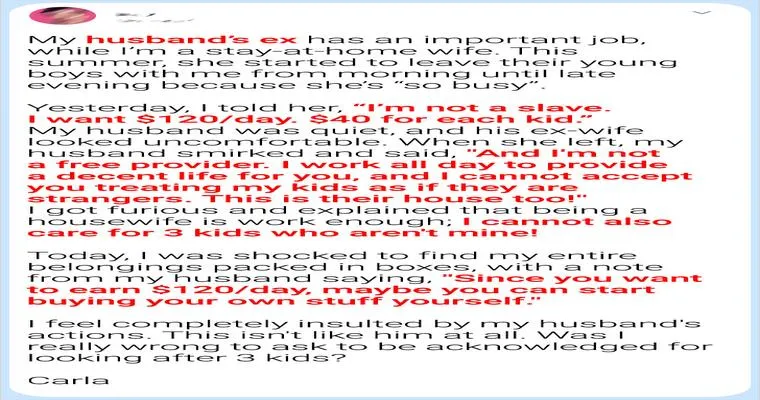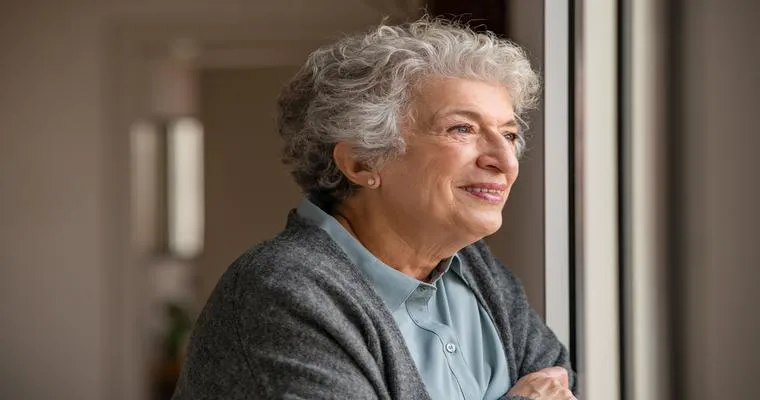Coping with a loved one who has "early onset dementia" and "anosognosia" can be an overwhelming and emotional experience. When your husband does not believe he has "Alzheimer's disease", it adds an extra layer of complexity to the situation. Understanding these conditions and knowing how to approach them is crucial for both your well-being and his.
Understanding Early Onset Dementia and Anosognosia
"Early onset dementia" refers to dementia that occurs in individuals under the age of 65. It can manifest in various forms, including Alzheimer's disease. One significant challenge with this type of dementia is "anosognosia", a condition where the person is unaware of their own cognitive decline. This lack of recognition can lead to frustration, confusion, and strained relationships.
It is important to note that "anosognosia" is not denial; it is a neurological condition that affects the brain's ability to recognize deficits. This makes it difficult for your husband to accept his diagnosis, which can complicate communication and caregiving.
Strategies for Caregivers
1. "Educate Yourself"
Understanding "early onset dementia" and "anosognosia" is the first step in navigating this challenging journey. Familiarize yourself with the symptoms, progression, and available treatments. This knowledge will empower you to advocate for your husband and help you manage daily challenges.
2. "Maintain Open Communication"
When discussing your husband's condition, approach the conversation with empathy and understanding. Use simple, clear language and avoid confronting him about his diagnosis. Instead, focus on specific behaviors or changes you've noticed without labeling them as symptoms of dementia.
3. "Create a Supportive Environment"
Establish a routine that promotes comfort and stability. Familiar surroundings can help reduce anxiety and confusion. Keep reminders and cues in common areas to assist him with daily tasks, which can foster a sense of independence.
4. "Involve Healthcare Professionals"
Engaging with healthcare professionals is crucial for managing your husband's condition. Seek a neurologist or geriatrician who specializes in dementia care. They can provide guidance on treatment options and recommend supportive therapies, such as occupational or speech therapy.
5. "Utilize Support Groups"
Connecting with others who are experiencing similar challenges can be incredibly beneficial. Support groups for caregivers of individuals with dementia provide a safe space to share experiences, tips, and emotional support. Local organizations or online communities can offer valuable resources.
6. "Focus on Quality of Life"
Encourage activities that your husband enjoys and that promote engagement. Whether it is listening to music, gardening, or participating in physical activities, maintaining a sense of normalcy can enhance his quality of life.
7. "Take Care of Yourself"
Caring for someone with "early onset dementia" can be physically and emotionally draining. Prioritize your own well-being by seeking respite care, practicing self-care, and reaching out to friends or family for support.
Conclusion
Navigating the complexities of "early onset dementia" and "anosognosia" can be challenging, especially when your husband does not believe he has "Alzheimer's disease". By educating yourself, maintaining open communication, creating a supportive environment, involving healthcare professionals, utilizing support groups, focusing on quality of life, and taking care of yourself, you can create a more manageable and compassionate caregiving experience. Remember, you are not alone in this journey, and there are resources available to help you every step of the way.





